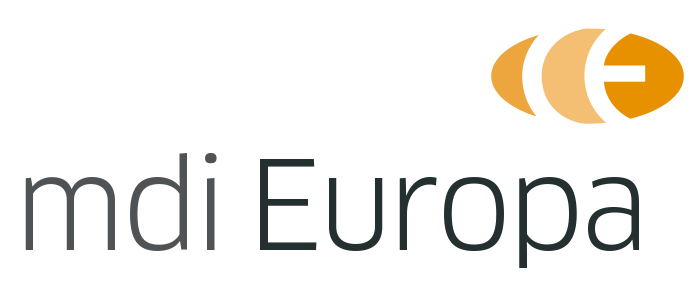In an article from March 2024, we wrote about the revised Product Liability Directive (PLD). The EU’s PLD is set to have far-reaching consequences for non-EU medical technology companies. This directive makes it easier for European consumers to claim compensation for faulty products, even if those products are manufactured outside the EU. As a result, globally acting companies in the pharmaceutical and medical device sectors, could face a surge in litigation if defects are found in their products.
Under the new rules, the amount of evidence required from consumers to prove that a product is defective or that a defect caused harm has been reduced. Instead of having to overcome significant scientific and technical hurdles, claimants will benefit from a rebuttable presumption. This means that if it appears likely that a defect contributed to their health issues, the burden shifts to the company to prove otherwise. Legal experts warn that this change could lead to increased lawsuits, especially in industries where products are complex and reach consumers only after passing through multiple stages of the supply chain.
The directive also raises concerns due to the potential reversal of the burden of proof and extended periods during which latent damage can be claimed. Such measures are designed to protect consumers, but they also place additional pressure on non-EU companies to ensure strict compliance with EU safety standards. In light of these challenges, legal advisors are urging companies to thoroughly review their regulatory compliance and reassess contracts with their supply chain partners to minimize risks.
With EU member states required to incorporate the directive into their national laws by December 9, 2026, companies operating in the European market need to act swiftly to adjust their processes.
Source: Medtech Insight (an Informa product)





